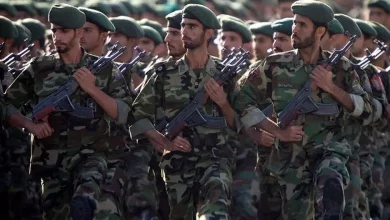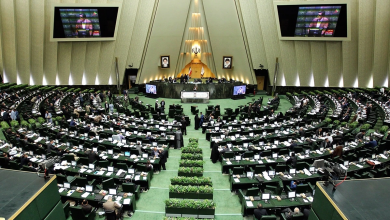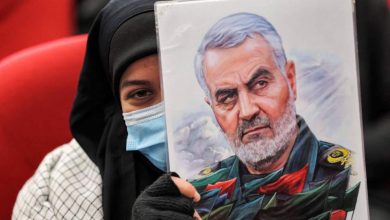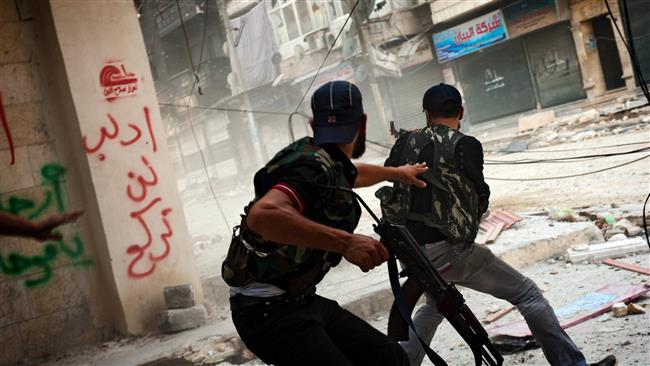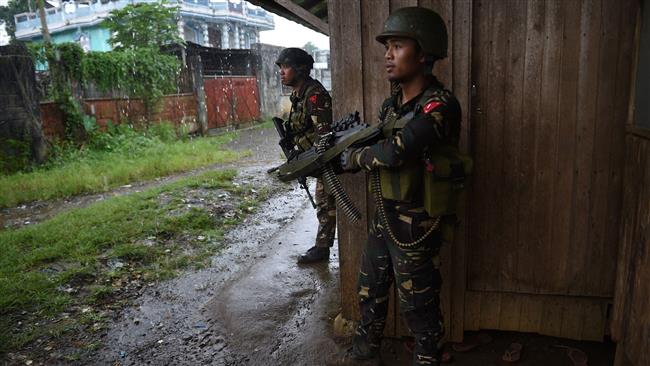Hamas tells Iran it can confront Israel in Gaza for months
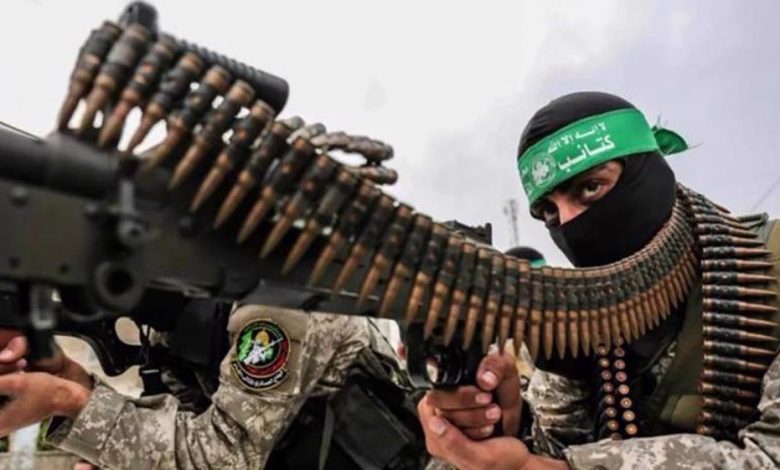
Iranian Foreign Minister Hossein Amir-Abdollahian says Hamas has informed the Islamic Republic that it has sufficient capabilities to continue the confrontation with Israel in the besieged Gaza Strip for months.
Amir-Abollahian said in the holy city of Qom on Thursday that more than 80 days have passed since the war on Gaza, but “the Zionist regime has not achieved anything”.
“According to Hamas commanders, only 14% of the resistance capacity has been damaged so far,” the foreign minister said.
Amir-Adbollahian said the length of Hamas tunnels today is more than the area of Gaza, and drone manufacturing workshops have not been closed for even an hour since Operation Al-Aqsa Storm on Oct. 7.
“Hamas captured valuable security and military forces of the Zionist regime on the first day of Operation Al-Aqsa Storm,” he added.
The minister touched on the rising popularity of the resistance, saying Hamas administers both Gaza and the war now.
“After the Al-Aqsa Storm, more than 70% of the people of Gaza took up arms and came to the battlefield,” he said. “After breaking the wall, all the Palestinian youth and people came to the arena and defended their country.”
“The Zionist regime”, meanwhile, “has changed its goal in Gaza several times, but has failed,” the minister said.
Amir-Abdollahian touched on all-out US support for the Israeli invasion of Gaza and Washington’s repeated messages for Iran that it did not seek an expansion of the war, asking the Islamic Republic to help prevent a spillover of the war.
“At every stage, they were given a strong response and the establishment responded to them at the official level,” he said.
“America is lying when it says it is not seeking to expand the war,” he said, adding if the Americans were not looking to expand the war, they would not be delivering their equipment and weapons to Israel day and night.
“Today, American weapons are arriving in Tel Aviv from all the bases in the region without stop. In addition, some equipment also arrives directly from America in Cyprus and goes to Tel Aviv from Cyprus.”
Also at the United Nations, a proposal was made to use Iran’s relations with the resistance for post-war plans in Gaza, “but we declared that the Palestinian people should be the decision-makers themselves”, he added.
Amir-Abollahian touched on the emergence of new powers in the world, citing resistance groups.
“The emerging powers do not mean only China’s economy. Today, resistance has become a power,” the minister said, referring to anti-US groups in Palestine, Lebanon, Syria, Iraq and Yemen.
Amir-Abdollahian reserved his highest praise for the Yemenis and Lebanon’s Hezbollah, saying they acted very bravely in this war.
“Today, Yemen has created a new legal regime in the Red Sea,” the minister said, referring to the country’s interception and targeting of Israeli ships and vessels bound for Israeli ports in Bab el-Mandeb.
“Today, the leaders of the resistance have reached a high level of foresight and understanding and have shown this in the recent war,” he added.
Amir-Abdollahian also underlined “many measures taken by the Islamic Republic of Iran in creating the Axis of Resistance to ensure security in the region”.
“Today there is no need for the Islamic Republic to take any action,” he said.
The developments are part of evolving concepts and mechanisms in the world, where the US hegemony is on the wane.
“One development is that the exercise of American hegemonic power is weakening day by day. Today, a resistance group has destroyed the army that considered itself the third military power in the world,” he said.
“Today, in the White House, the issue is raised as to why support for Israel is to such an extent that Israel’s defeat is considered America’s defeat.”
Amir-Abdollahian touched on another positive development, saying after normalizing relations with Saudi Arabia, Iran has commenced fence-mending with Egypt.
“The recent contact between the Iranian and Egyptian presidents was in this context,” he said, referring to the first phone call between Ebrahim Raeisi and Fattah el-Sisi to discuss recent developments in Gaza and the prospect of restoring diplomatic ties between their two countries.
